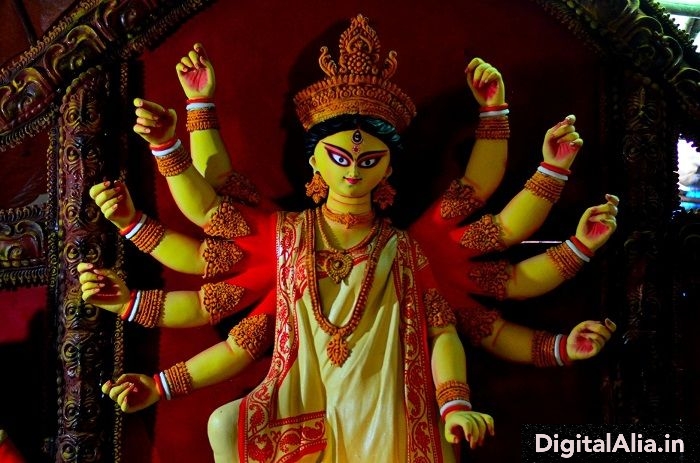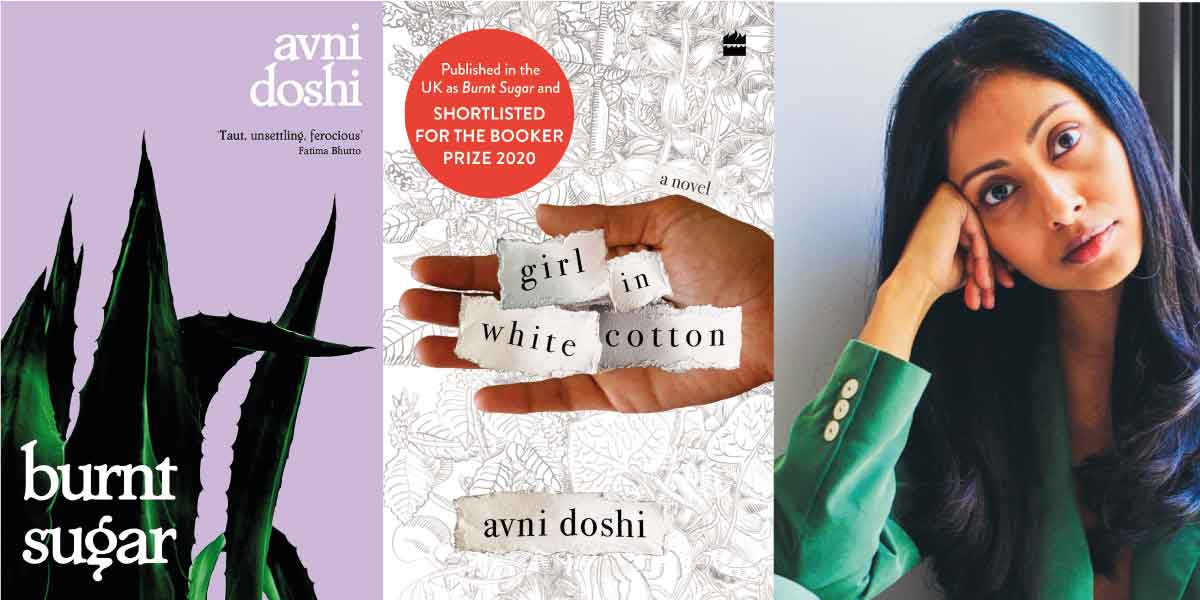Lately, Devdutt Pattanaik has risen as a household name for mythological books in India. Pattanaik is not just a mythologist but an illustrator, speaker, and author. His sacred lore, legends, folklore, fables, and parables are largely based on the areas of myth, religion, mythology, and management.
The author opines that “no society can exist without myth as it creates notions of right and wrong, good and bad, heaven and hell, rights and duties”. He adds that mythology “tells people how they should see the world… Different people will have their own mythology, reframing old ones or creating new ones.”
On the advent of the Goddess, we bring you Pattanik’s book on the Mother Goddess which goes by the name – Devi, The Mother Goddess: An Introduction.
This book by Devdutt is an attempt to understand the meaning of goddess worship in our time. Written in a simple narrative style, it takes us through Shakta (Devi worship) imagery, philosophy, beliefs, customs, history, folklore, and myth.
Devi reaches to young and old alike, bringing together tales of Adi-Maya-Shakti, Lakshmi, Saraswati, Parvati, Kali, Durga as well as several village-goddesses such as Kanyakumari, Vaishnav-Devi, Bahucharmata and heroines such as Anasuya, Arundhati, and Savitri.
Highlights of the book include lucid explanations and a pictorial key to numerous symbols associated with Shakta customs and Tantrik rituals, a map showing important Devi temples, a bibliography for those interested in learning more, and over 150 illustrations.
This handy book holds the power of feminity explained through the divine. It can often be confusing to encounter a contradictory collection of narratives, such as with the village goddess traditions of India, but the book does an excellent job of explaining the phenomenon.
Devdutt Pattanaik does not disappoint in his endeavors to make the infinitely exotic Hindu faith, and its myriad legends, rituals, and beliefs comprehensible and accessible to everyone.

“Let me meditate on the supreme goddess who is existence itself, who sits on the lotus, who rides the tiger, who plays the lute, whose divine form dazzles gods, demons and humans, whose womb contains Time and Space, who embodies cosmic energy, who holds in her hands the implements of life and the instruments of death, who spins the cycle of existence as she creates and destroys all that is, was and will be and who empowers and enriches devotees with the ability to accept and appreciate the unfathomable universe.” – Excerpts from the book.













